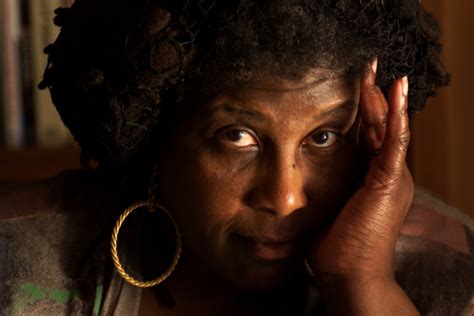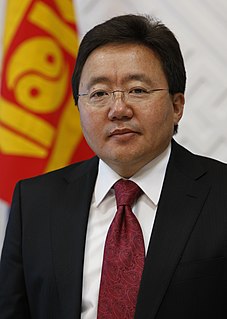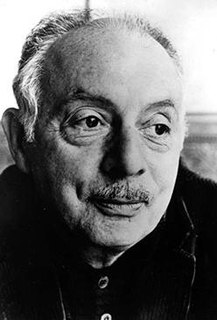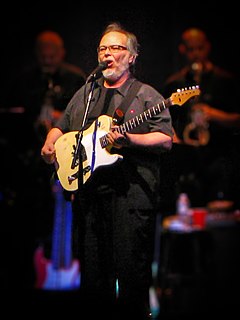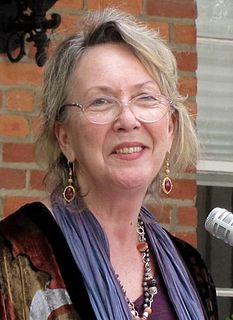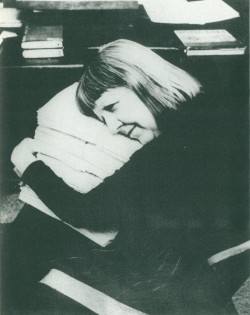A Quote by Wanda Coleman
As if channeling Robbe-Grillet, who strove to establish 'new relations between man and the world,' Sesshu Foster's electrifying prose poems tenderly examine then fiercely weave stark-and-broken realities into luminous dream-like narratives on the game of life.
Related Quotes
External realities - worlds of politics, economics, law, war, interpersonal and social relations - are part of prose fiction. Fiction also includes the realities of a character's interior language. Poetry can encompass the same realities, but in compressed, intensified language, which creates entirely different degrees of emotional force.
The poems in Katherine Soniat's new collection, The Swing Girl, weave emotion's 'spray going farther than thought' with the 'bedrock things' of the trod-upon world. These poems eddy and pool in unpredictable and often surprising ways, much as the mind moves in its twilight state between waking and sleep. The fluidity of their cadence and the luminosity of their imagery carry the reader to the wellspring of poetry itself, that deep delight of which Robert Penn Warren spoke, whose source is, in Soniat's words, 'beauty on its way to being mystery.'
I've always believed that poetry must speak of realities as least as complicated as those spoken of in prose. I've read books of poems, even single poems, which are, for me, at least the equivalent of a short story or a novel. Martin Amis, in an interview with Saul Bellow in the early eighties, quotes Bellow asking, "Why not address 'the mysterious circumstance of being', say what it's like to be alive at this time, on this planet?" This has been and still is my ambition.
